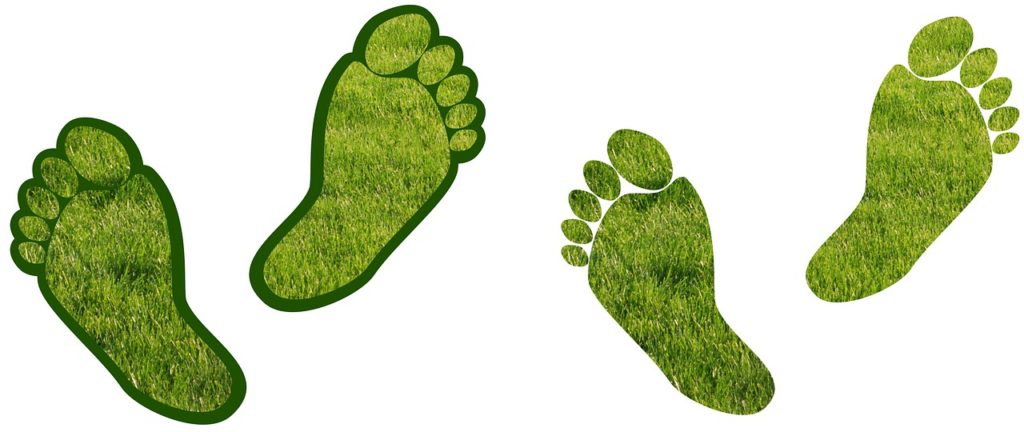

Bissell Homecare, Inc recently received the Platinum Label in an innovative carbon footprint labelling scheme—the ‘Low-carbon Office Operation Programme’ (LOOP). The scheme developed by WWF and sponsored by HSBC, is designed to assist office-based corporations to measure their carbon footprint and design steps to reduce carbon emissions from their daily operations. Currently, it remains the only Hong Kong-specific emissions measuring and management programme.
With Hong Kong-based companies, whether local or international, facing unprecedented pressure to demonstrate they are taking tangible action on climate change, CSR is becoming an increasingly important issue for HR. The Environment Bureau of the Hong Kong Government is also in the final throws of conducting a three-month public consultation on ‘Hong Kong’s Climate Change Strategy and Action Agenda’, which ends on 10 December 2010 to gauge the community’s views on the major recommendations.
The LOOP Awards recognised the first 14 corporations to complete the LOOP labeling process. Of these 14 certified companies four were awarded a silver label; six awarded a gold label; and one, Bissell Homecare, Inc., awarded the Platinum label. Key assessment criteria used to judge the entrants, included: lighting; computers; office equipment; heating ventilation and air-conditioning; paper use; water consumption; business travel; staff commutes; and company vehicles.
Findings from the LOOP research identified lighting as a key area that office operators could address in order to significantly reduce their office carbon footprint. Air-conditioning, however, was found in many cases to be out of their control of most corporations as it was provided by the building management. In this regard, the WWF advised companies to seek support from building management to work together to achieve lower carbon office operations. Karen Ho, WWF-Hong Kong’s Business Engagement Leader explained, “Disclosing electricity consumption of air conditioning, or permitting office tenants to affix solar reflective films on windows to block UV radiation are some examples of how building management can work with office tenants to enhance the reduction in energy use, and make low carbon offices a reality.” She added, “The Hong Kong government can also play a pivotal role to this end, such as by extending the scope of Energy-cum-carbon Audit Projects.”




